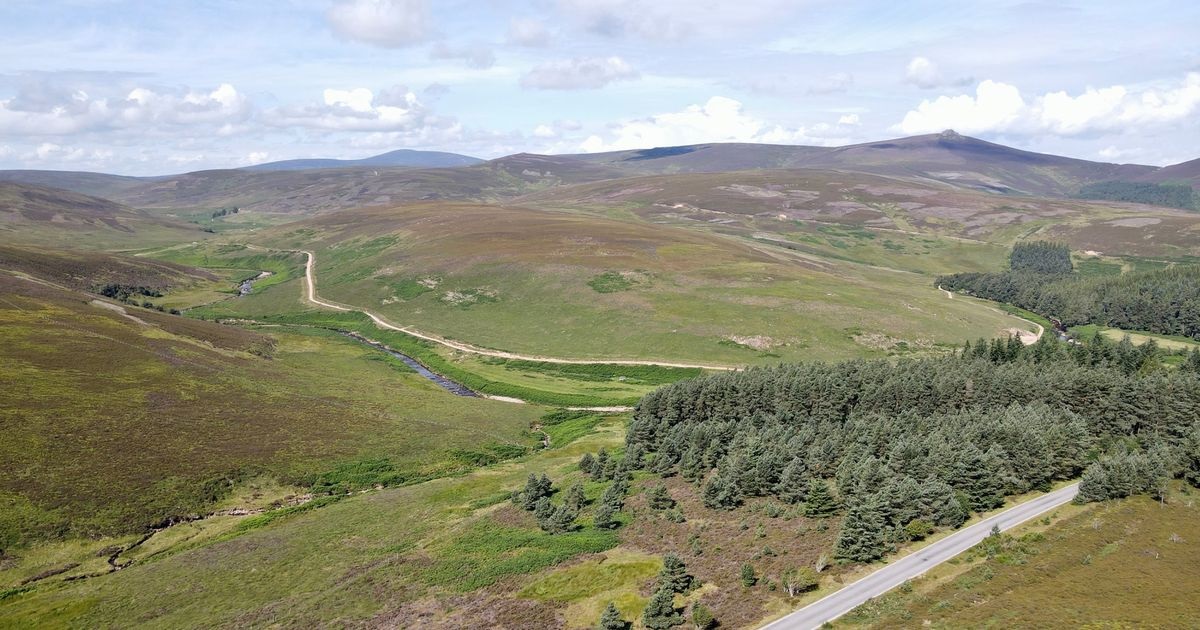Aviva Investors, Par Equity Target 1.4 Million Tonnes of Carbon Capture Through Forestry Investment
Aviva plc’s global asset management business Aviva Investors, and Scottish-based forestry investment fund manager Par Equity announced the launch of an investment vehicle for the delivery of a woodland creation and peatland restoration scheme, with an initial moorland investment expected to capture up to 1.4 million tonnes of carbon.
Through the new vehicle, Aviva and Par have acquired 6,300 hectares of moorland in the Glen Dye area of West Aberdeenshire in the north east of Scotland, with plans to undertake peatland restoration and new tree planting projects on the land. The project will be designed and managed by forestry management organization Scottish Woodlands Ltd.
Tom Croy, Investment Manager, Par Equity, said:
“We have been actively involved in forestry investment for 10 years and the acquisition of land at Glen Dye offers a tremendous opportunity to deliver an outstanding project as part of the journey to net zero. It will make a major contribution in terms of carbon capture and peatland restoration at national scale and will also provide employment while protecting and enhancing the landscape for the enjoyment of the many people who live in and visit the area. This is a very positive investment in natural capital and a project that will be beneficial to Scotland in an era where the transition to net zero is such a priority.”
The project will form part of Aviva Investors’ Climate Transition Fund, and will contribute to the firm’s commitment to achieve net zero across its real assets platform by 2040. Aviva plc has also committed to reach net zero across its business, including Scope 1, 2 and 3 carbon emissions, by 2040.
Nature-based solutions, including projects that protect and restore natural ecosystems, are expected to be one of the key tools to help meet global decarbonization goals. Projects that are typically included in the definition of nature-based solutions often encompass those focused on redeveloping forests or wetlands, which protect or transform land, improve biodiversity, and enable nature to absorb CO2 from the environment.
Daniel McHugh, Chief Investment Officer, Real Assets, at Aviva Investors, said:
“One of the most critical aspects of the Climate Transition Fund we launched this year is that it materially reduces carbon impact primarily through the decarbonisation of the built environment, but also via nature-based solutions, including afforestation. This is the first of many investments we expect to make in this space, and the intention is for our carbon removal programme to be considered a best-in-class initiative which not only sequesters a vast amount of carbon over its lifetime, but does so in a way that takes into account the surrounding habitats and community.”





